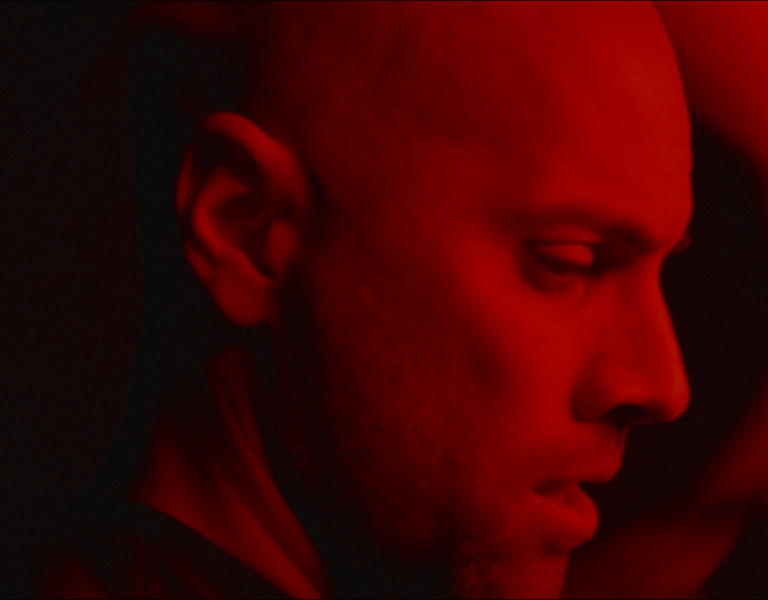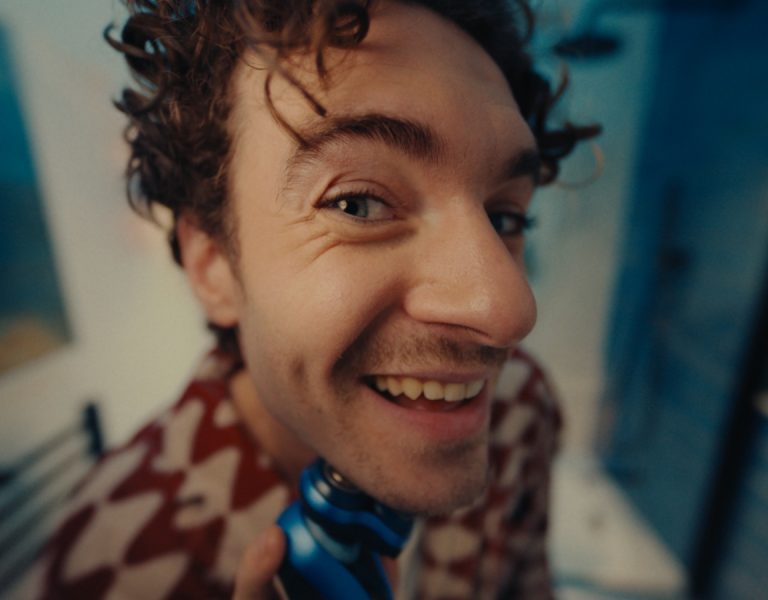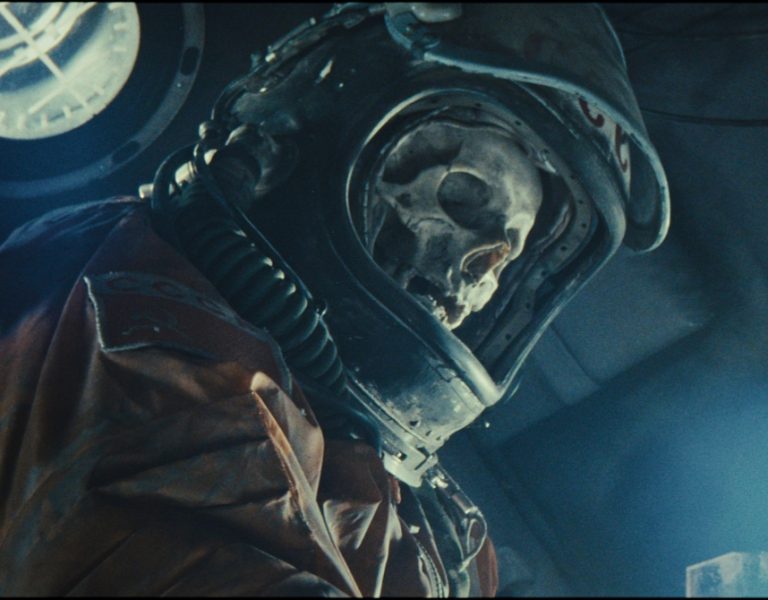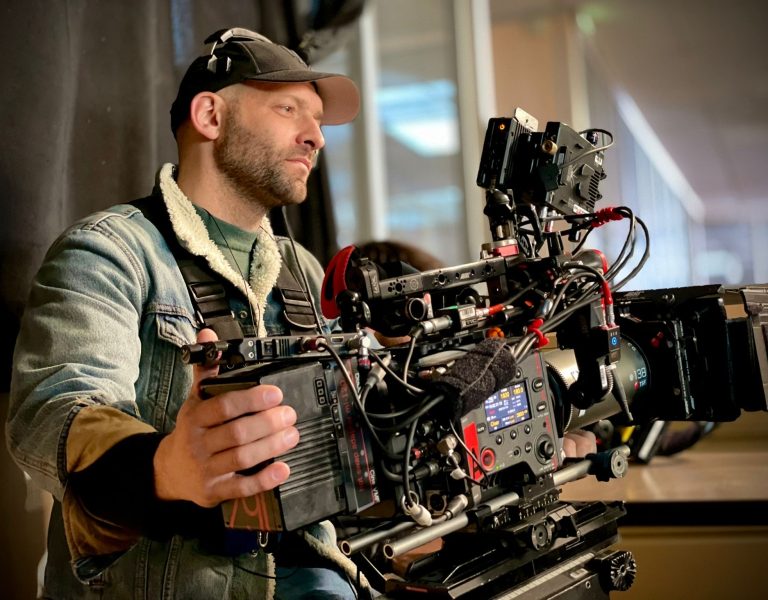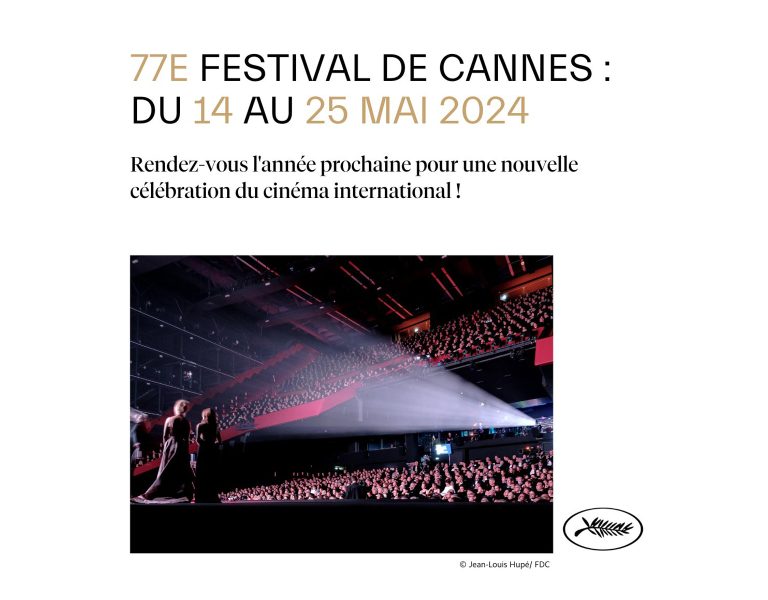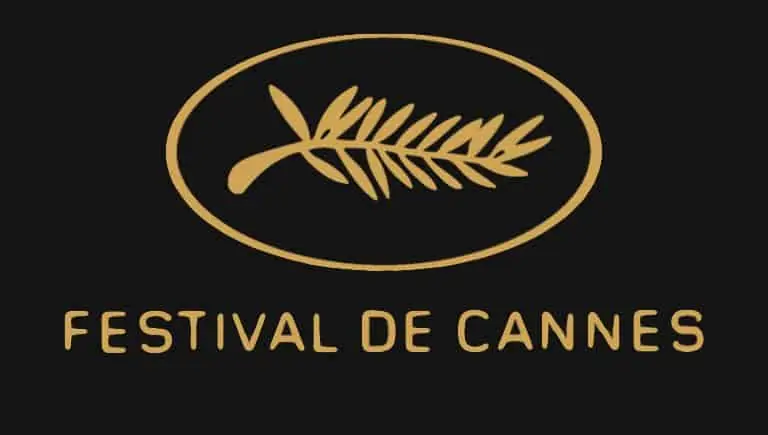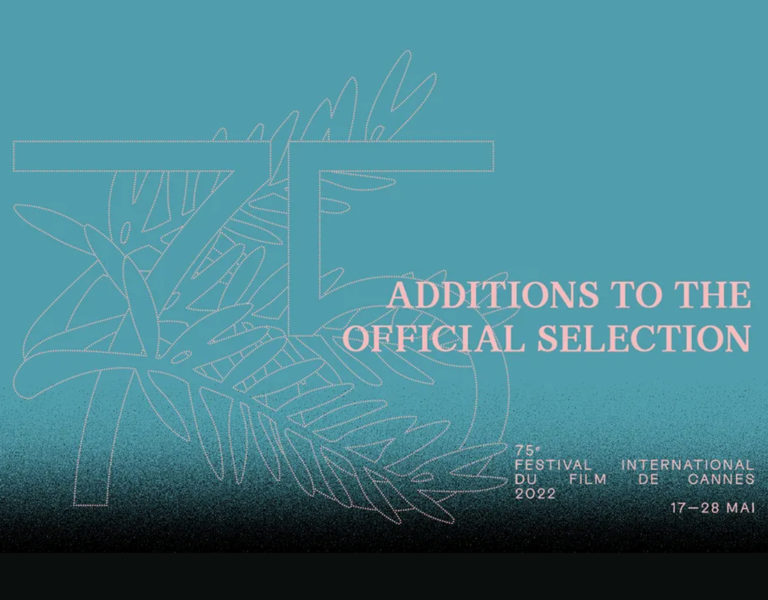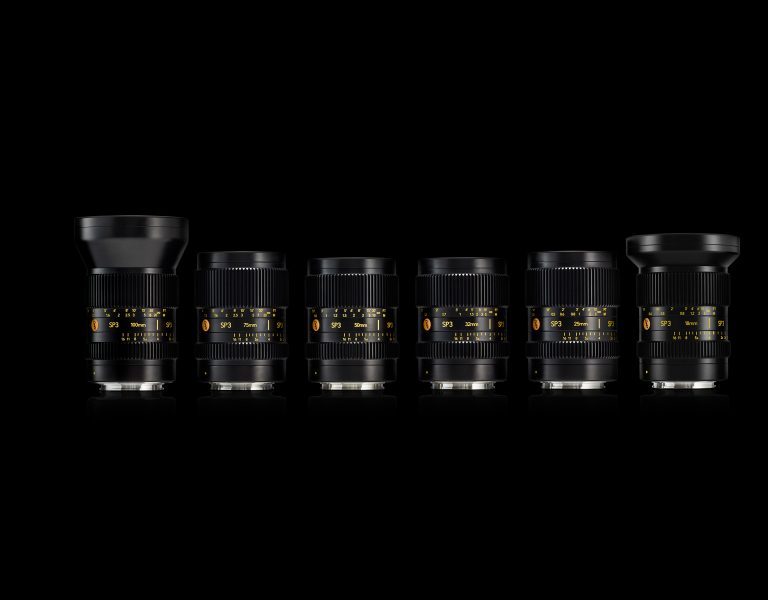Robert De Niro to receive honorary Palme d’or at Cannes Film Festival
Apr 7, 2025

On Tuesday, May 13, 2025, American actor, director and producer Robert De Niro will receive an honorary Palme d’or for lifetime achievement at the opening ceremony of the 78th Festival de Cannes, 14 years after he Presided over the Jury in 2011.
There are faces that stand in for the 7th Art, and lines of dialogue that leave an indelible mark on cinephilia. With his interiorized style, which surfaces in a gentle smile or a harsh gaze, Robert De Niro has become a cinematic legend.
“I have such close feelings for Festival de Cannes…” he declared on hearing of his honorary Palme d’or. “Especially now when there’s so much in the world pulling us apart, Cannes brings us together — storytellers, filmmakers, fans, and friends. It’s like coming home.”
His screen debut sealed the fate of a historic generation of directors in New York City, who would become the next generation of Hollywood filmmakers. From the very first films of a just-graduated Brian De Palma, Robert De Niro lent his features to anti-hero characters. The Wedding Party, Greetings and Hi, Mom! give form to Brian De Palma’s style as much as to Robert De Niro’s acting, in which violence springs from a charismatic calm. From his bohemian youth as the son of painters in New York, he drew on a streetwise attitude which, with its codes of conduct and ethics, would spice up his early performances and later blossom in front of Martin Scorsese’s camera. This legendary cinematic friendship began in 1973 with Mean Streets, in which they depict their Little Italy neighborhood.
Throughout his career, De Niro has lent his natural authority to characters from the Italian-American Mafia, from petty thug to major mafioso, making them his signature characters, beginning the following year. Then, he took on one of the most significant roles in his career and in the world of cinema: the young Vito Corleone in Francis Ford Coppola’s The Godfather Part II, and succeeded in the challenge of interpreting the early years of Marlon Brando’s character without imitating him. His performance earned him the Oscar for Best Supporting Actor.
The years that followed confirmed Robert De Niro’s talent, with a string of films and successes. In 1976, he presented two masterpieces of the 7th Art in the Official Selection at the Festival de Cannes: Bernardo Bertolucci’s 1900 and Martin Scorsese’s Taxi Driver, which won the Palme d’or. His perfectionistic acting had a lot to do with this award, between preparation (he obtained a New York cab driver’s license) and improvisation (the mirror scene is beyond description).
His commitment to his roles became legendary as his collaboration with Martin Scorsese continued: he learned to play the saxophone for New York, New York, took up boxing and gained 30 kilos for Raging Bull, which was his own idea and which won him the Oscar for Best Actor. To exorcise his conflicted relationship with fame, he brought the screenplay for The King of Comedy to his fellow lead, and went as far as to interview his own fans when he was to play this character obsessed with a talk show host. The film opened the Festival de Cannes in 1983. The following year in Cannes, Robert De Niro presented Once Upon a Time in America, Sergio Leone’s last film, before returning to the Croisette with Roland Joffé’s The Mission. A rare occurrence for an actor, only 10 years after Taxi Driver, Robert De Niro played the lead role in a second Palme d’or.
In the 1990s, the actor reinvented himself. He played his authoritarian persona in such comedies as John McNaughton’s Mad Dog and Glory, Quentin Tarantino’s Jackie Brown, Harold Ramis’ Mafia Blues, and Jay Roach’s cult hit Meet the Parents, in which he traumatizes a willing Ben Stiller.
While continuing to work with Martin Scorsese —Goodfellas, Cape Fear and Casino— he began producing and directing. With Jane Rosenthal, he founded TriBeCa Productions in 1989. In 1993, he successfully directed his first feature film, A Bronx Tale, which takes up one of his favorite themes: how a neighborhood shapes community relations between violence and filiation. His second feature, The Good Shepherd, was released 13 years later.
In the years 2000, he oscillated between unexpected appearances —dubbing (Shark Tale, Arthur and the Minimoys), sitcoms (Extras, 30 Rock), moving supporting roles (Silver Linings Playbook, Joy)— and roles that confirmed his legend in top-notch collaborations such as Heat with Al Pacino.
After 9/11, Robert De Niro founded the TriBeCa Film Festival in 2002 to help New Yorkers reclaim their battered neighborhood. He then revealed another facet of his personality: his political commitment. Before becoming a fervent defender of an egalitarian, humanist society, he never ceased to explore the violence of American society in films that show the new wicked face of organized crime, the decline of the State, the trauma of the Vietnam War and the manipulation of souls by the entertainment industry. Striking examples of this include his outstanding performance in Todd Phillips’ Joker and his latest appearance on the Croisette for another movie with his friend Marty (Killers of the Flower Moon).

